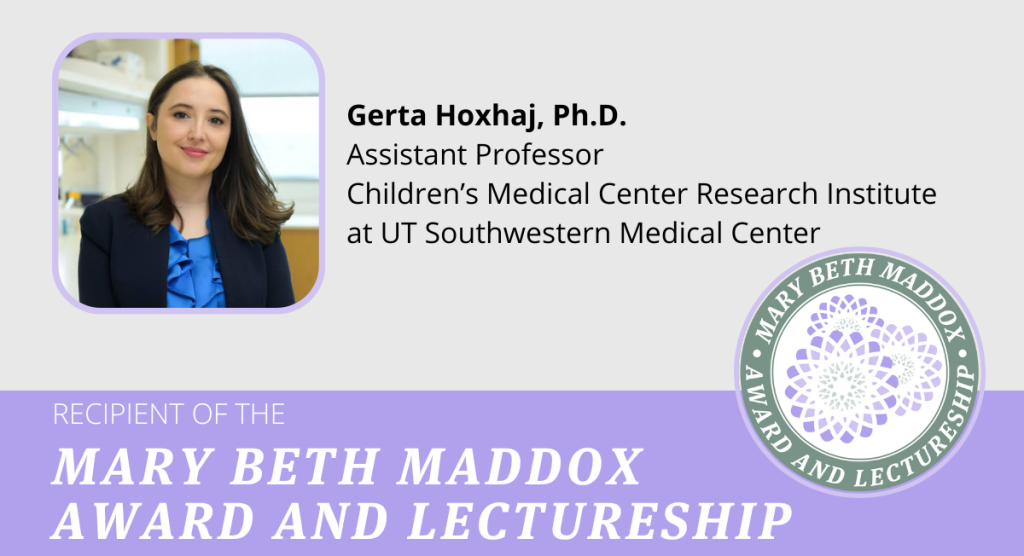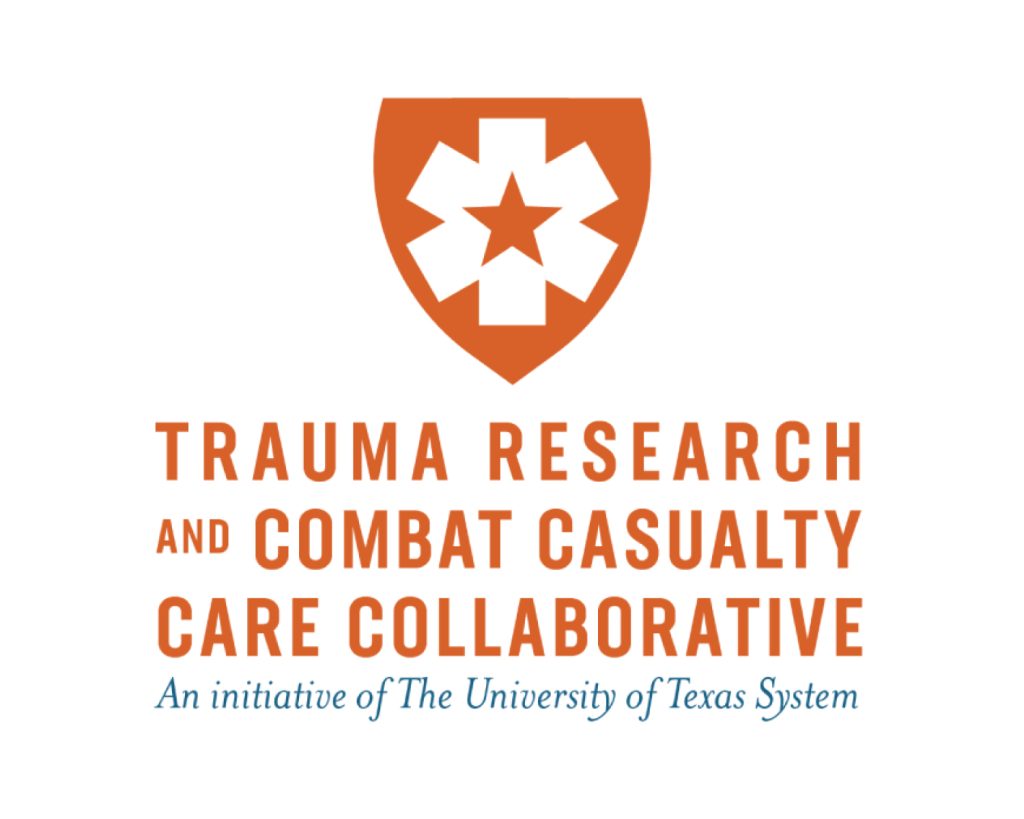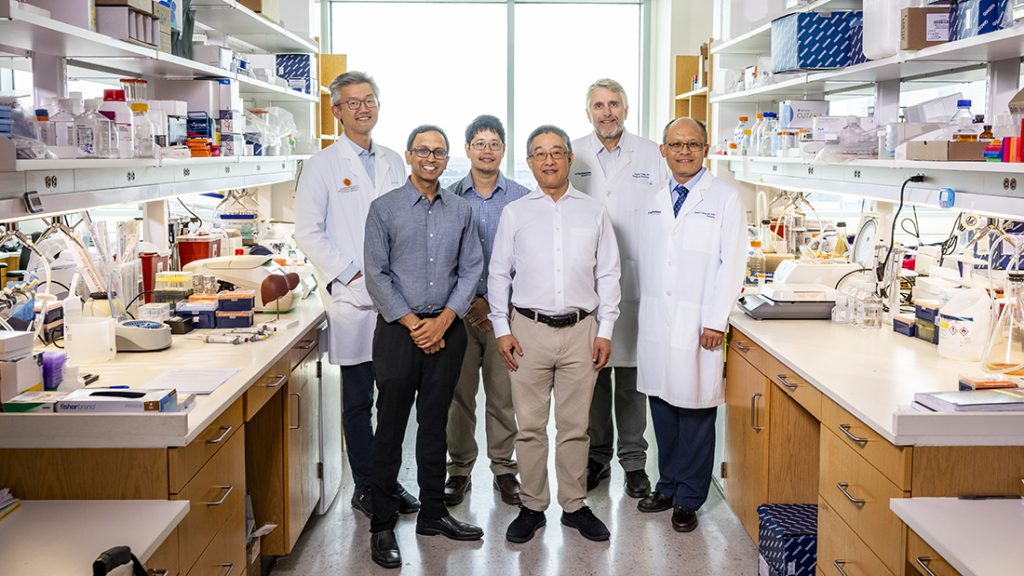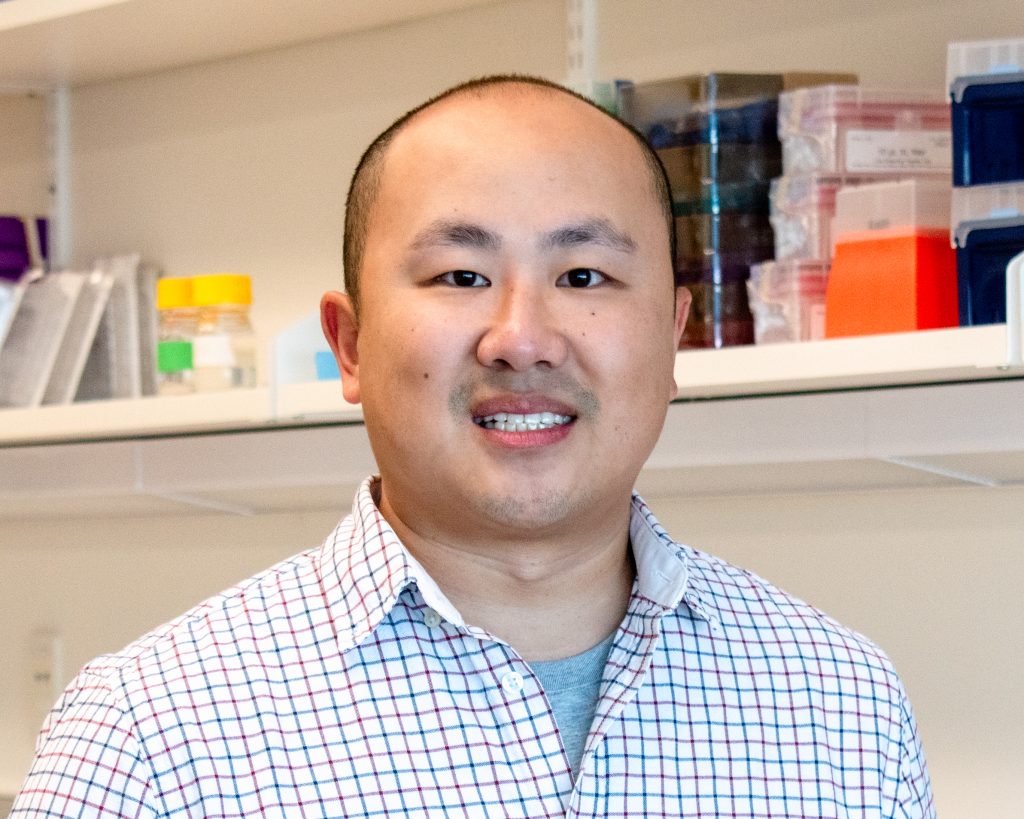(Update): See pictures of Gerta receiving her award on Feb. 5, 2025, here.

Gerta Hoxhaj, Ph.D., Assistant Professor in Children’s Medical Center Research Institute at UT Southwestern (CRI), is the recipient of the Texas Academy of Medicine, Engineering, Science and Technology (TAMEST) 2025 Mary Beth Maddox Award and Lectureship for her research in cancer metabolism. In addition to CRI, Dr. Hoxhaj holds secondary appointments in the Departments of Biochemistry and Pediatrics at UT Southwestern and is a member of the Cellular Networks in Cancer Research Program at Simmons Cancer Center.
DALLAS – Dec. 18, 2024 – Gerta Hoxhaj, Ph.D., Assistant Professor in Children’s Medical Center Research Institute at UT Southwestern (CRI), is the recipient of the Texas Academy of Medicine, Engineering, Science and Technology (TAMEST) 2025 Mary Beth Maddox Award and Lectureship for her research in cancer metabolism.
The honor, which recognizes women scientists in Texas who bring “new ideas and innovations to the fight against cancer,” was established in 2022 and named after former TAMEST Executive Director Mary Beth Maddox, who died from pancreatic cancer.
Since joining CRI in 2019, Dr. Hoxhaj has changed scientists’ understanding of cancer metabolism through research that reveals new mechanisms crucial for the growth and survival of cancer cells.
“Gerta is an outstanding recipient for this award because her work consistently changes the way we think about cancer metabolism,” said Sean J. Morrison, Ph.D., nominator and TAMEST member as well as CRI Director and Professor in CRI and Pediatrics. “She is a ball of energy, with the insight and good taste to make discoveries that reveal new biology.”
Altered metabolism and abnormal cell signaling are two major hallmarks of cancer, and Dr. Hoxhaj’s research is creating a blueprint of the connections between signaling and metabolism. Her lab has defined new ways in which cellular signals stimulate metabolism in cancer cells and new metabolic pathways driving tumor growth.
“Dr. Hoxhaj’s approach puts old assumptions to the test and delivers surprising new insights. She identifies nodes of communication between signal transduction and metabolism, some of which could be excellent therapeutic targets,” said Mary Beth Maddox Award and Lectureship Committee Chair Ralph J. DeBerardinis, M.D., Ph.D., Professor and Director of the Eugene McDermott Center for Human Growth and Development at UT Southwestern and Professor in CRI. “The committee unanimously agreed that she is a rock star in her field. We look forward to the new discoveries and collaborations that will arise from her work.”
Dr. Hoxhaj will be honored in February at the TAMEST 2025 Annual Conference: Transformational Breakthroughs, where she will present her research to attendees and receive a $5,000 honorarium and award.
“I am deeply honored to receive the Mary Beth Maddox Award, which recognizes the dedication of my team in our efforts to decode cancer metabolism,” Dr. Hoxhaj said. “This award is especially meaningful to me since it carries her legacy, as an inspiring female leader, and it motivates me to continue pushing the boundaries of cancer research.”
Following the conference, Dr. Hoxhaj will share her discoveries across the state during lectures at four TAMEST member institutions with National Cancer Institute-Designated Cancer Centers, including the Harold C. Simmons Comprehensive Cancer Center at UT Southwestern.
Dr. Hoxhaj is a member of the CRI Genetic and Metabolic Disease Program. She is a Pew-Stewart Scholar, Cancer Prevention and Research Institute of Texas (CPRIT) Scholar in Cancer Research, V Foundation Scholar, American Cancer Society Scholar, and a 2024 recipient of the Vilcek Prize for Creative Promise in Biomedical Science.
In addition to CRI, Dr. Hoxhaj holds secondary appointments in the Departments of Biochemistry and Pediatrics at UT Southwestern and is a member of the Cellular Networks in Cancer Research Program at Simmons Cancer Center.
TAMEST, founded in 2004, is composed of Texas-based members of the three National Academies (National Academy of Medicine, National Academy of Engineering, and National Academy of Sciences) and other honorific organizations. The group includes 345 members, eight Nobel Laureates, and 23 member institutions.
Dr. Morrison joined TAMEST after he was elected to the National Academy of Medicine (NAM) in 2018. He was elected to the National Academy of Sciences in 2020.
Dr. Morrison has been Director of CRI since its inception in 2011 and a Howard Hughes Medical Institute (HHMI) Investigator since 2000. He holds the Kathryne and Gene Bishop Distinguished Chair in Pediatric Research at CRI and the Mary McDermott Cook Chair in Pediatric Genetics at UT Southwestern. He is a CPRIT Scholar in Cancer Research and a member of the Development and Cancer Research Program at Simmons Cancer Center.
Dr. DeBerardinis was named the TAMEST 2019 Edith and Peter O’Donnell Award recipient in Medicine and joined TAMEST after he was elected to NAM in 2020.
Dr. DeBerardinis has been an HHMI Investigator since 2018. He is Director of the CRI Genetic and Metabolic Disease Program and co-leads the Cellular Networks in Cancer Research Program in the Simmons Cancer Center. He holds the Eugene McDermott Distinguished Chair for the Study of Human Growth and Development, the Philip O’Bryan Montgomery Jr., M.D. Distinguished Chair in Developmental Biology, and is a Sowell Family Scholar in Medical Research.
About CRI
Children’s Medical Center Research Institute at UT Southwestern (CRI) is a joint venture of UT Southwestern Medical Center and Children’s Medical Center Dallas. CRI’s mission is to perform transformative biomedical research to better understand the biological basis of disease. Located in Dallas, Texas, CRI is home to interdisciplinary groups of scientists and physicians pursuing research at the interface of regenerative medicine, cancer biology, and metabolism.
X/Twitter | LinkedIn | Instagram | YouTube | Facebook
About UT Southwestern Medical Center
UT Southwestern, one of the nation’s premier academic medical centers, integrates pioneering biomedical research with exceptional clinical care and education. The institution’s faculty members have received six Nobel Prizes and include 25 members of the National Academy of Sciences, 24 members of the National Academy of Medicine, and 14 Howard Hughes Medical Institute Investigators. The full-time faculty of more than 3,200 is responsible for groundbreaking medical advances and is committed to translating science-driven research quickly to new clinical treatments. UT Southwestern physicians provide care in more than 80 specialties to more than 120,000 hospitalized patients, more than 360,000 emergency room cases, and oversee nearly 5 million outpatient visits a year.



